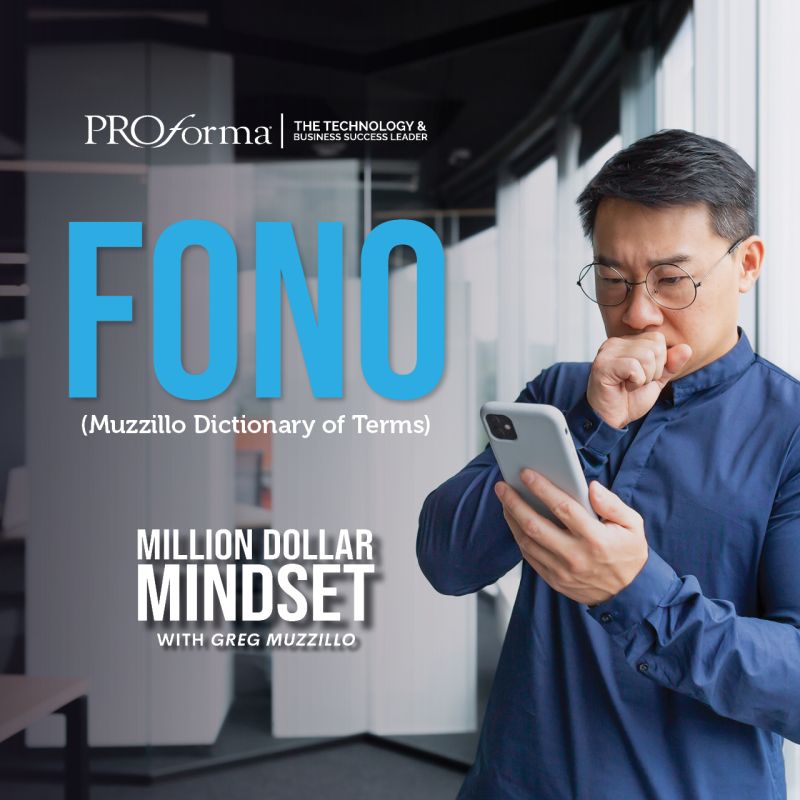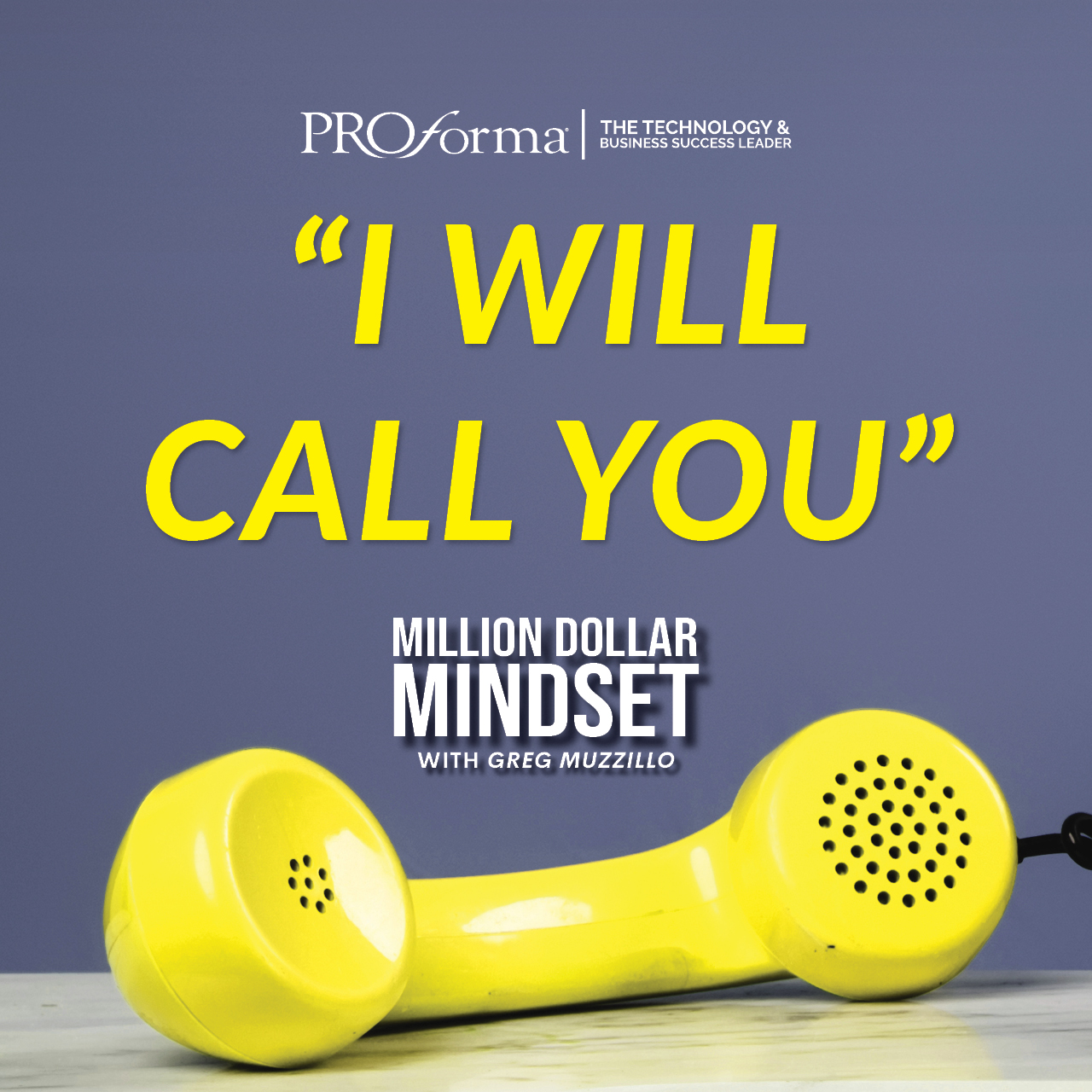The Civil War’s finale in April 1865 didn’t mark the end of slavery. Though the Emancipation Proclamation had been enacted two years prior, Abraham Lincoln’s decree that freed all slaves in the Confederacy couldn’t be enforced in still-contested states. Soldiers marched through the South months after the war ended, proclaiming slaves’ emancipation and enforcing it in places where plantation owners resisted.
On June 19, 1865, Union troops arrived in Galveston, TX, and announced that the more than 250,000 slaves in Texas were free, a historic day in American history that became known as Juneteenth. Though slavery would not be abolished in the United States until the ratification of the 13th Amendment in December 1865, the day marked the end of slavery in all rebelling states.
West Philadelphia is home to one of the most significant Juneteenth celebrations in the country, routinely attracting more than 25,000 for a parade, concert and vendor village at Malcolm X Park. Activists and advertisers worked tent by tent giving out a variety of promotional products.
A Vehicle for Activism
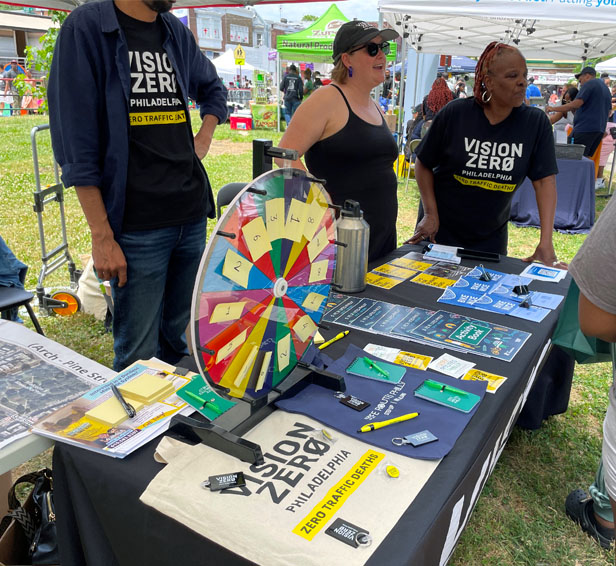
Vision Zero, a national movement aimed at improving traffic safety and ending traffic-related deaths through education and infrastructure changes, had a tent at the 2024 Juneteenth celebration using promotional products to draw attention to its improvement plan for 52nd Street.
The tent had a wheel marked with numbers, a game of chance that drew people in with the mystery of different prizes – but there was a catch. To spin the wheel, gamblers had to look at a map of Vision Zero’s 52nd Street Commercial Corridor Improvement Plan, indicate which mode of transportation they use the most with different colored cotton puffs and provide feedback on the street’s infrastructure and its improvement plan.
Participants then spun the wheel and won a promotional prize associated with each number, including Vision Zero branded key tags, pens, notebooks, pins, tote bags and stickers. The vendor also handed out informational activity books and pamphlets.
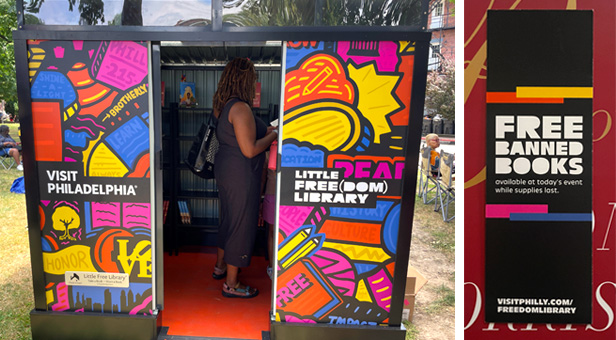
Tourism website Visit Philadelphia, the Little Free Library and the Free Library of Philadelphia collaborated to offer free banned books by Black and minority authors at pop-ups around the city, including the Juneteenth festival. Titles like Beloved by Toni Morrison and The Fire Next Time by James Baldwin were banned or deemed “inappropriate” in more than 30 states, according to Penn-America. The collaboration promotes Americans’ right to read and recognizes the complexity of African-American history through literature.
In addition to a table with stacks of banned books for the taking, Visit Philadelphia set up a “Little Free(dom) Library,” a branded metal enclosure with shelves full of free books for attendees to peruse. Each book contained a bookmark that linked to a website describing the initiative and locations of the other evergreen pop-ups throughout the city.
Raising Awareness Through Promo
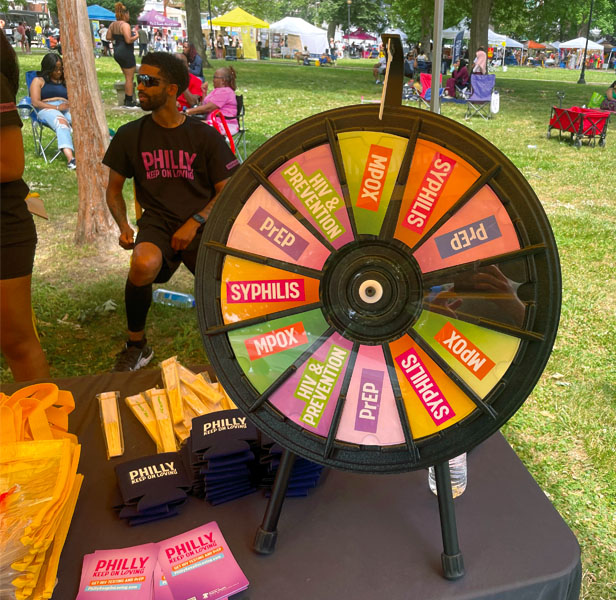
The promotional products at Philly, Keep on Loving’s tent came with a free sexual wellness fact. The program by the Philadelphia Department of Public Health that promotes healthy sexual practices had a tent that featured a wheel labeled with sexually transmitted diseases and infections. Once spun, a worker at the tent asked the participant a question about whatever disease the wheel landed on. The worker then correctly answered the question and gave the participant a clear branded tote bag, can cooler and handheld fan. The tent also had a branded photobooth where people could take pictures holding up signs with messages promoting sexual health.
WHYY had a booth with promotional products advocating for public radio. Workers handed out pins, lanyards and wristbands imprinted with “I (heart) WHYY” and other branded T-shirts and pens. The workers spoke to those who approached the table about the various shows the program has and public media’s importance.
Building Brand Excitement
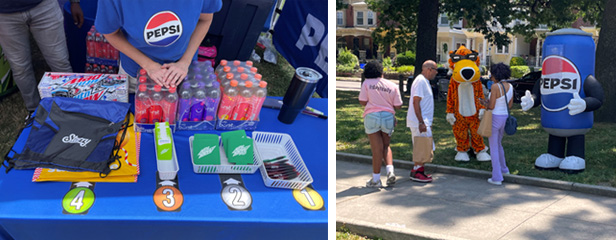
The most popular tent at the event was the Pepsi table, in part due to celebrity appearances. People waited in line to spin the wheel that had a tier system with increasingly valuable branded prizes, six being the highest. Those whose spin landed on tier one got a pen; tier two got a can cooler; tier three got an attachable phone wallet; tier four got a drawstring bag or tote; tiers five and six chose from a 12-pack of Mountain Dew or Bubly Burst. Participants could choose from any prize under the tier their spin landed on.
Anyone who approached had a selection of free Bubly Burst drinks at the end of the table, and workers were handing out free packs of the drinks as well, which was very popular. Chester Cheetah made an appearance as well as Pepsiman, the Pepsi can mascot.


